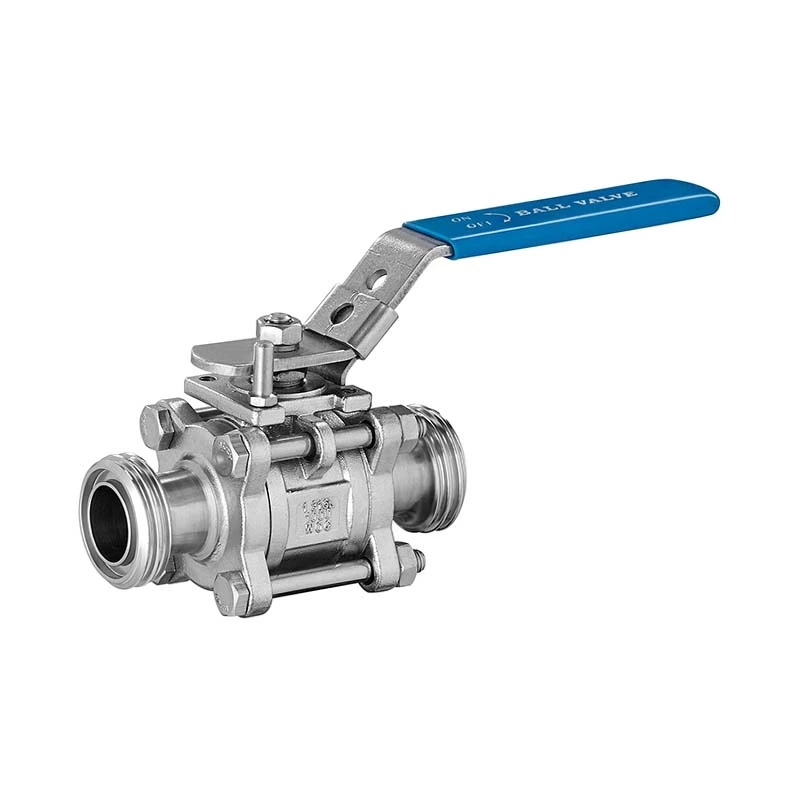What Are The Common Types And Characteristics Of Fluorine-lined Valves?
Sanitary Valve is a working surface that contacts the fluid internally and is covered with polytetrafluoroethylene (PTFE) or other fluorine-containing polymer materials, such as FEP (fluorinated ethylene propylene), PFA (perfluoroalkoxy resin), etc. These fluorine-containing materials have excellent corrosion resistance, high temperature resistance and low friction coefficient, making fluorine-lined valves particularly suitable for handling highly corrosive media, such as acids, alkalis, salt solutions and organic solvents.
Common types of fluorine-lined valves:
Fluorine-lined ball valve: The inside of the ball and the sealing surface are lined with fluoroplastics to control the switch of the fluid.
Fluorine-lined butterfly valve: The valve plate and valve seat are lined with fluoroplastics, which are suitable for flow control in large-diameter pipelines.
Fluorine-lined stop valve: The valve disc and valve seat are lined with fluoroplastics to control the flow and direction of the fluid.
Fluorine-lined diaphragm valve: The on-off of the fluid is controlled by the up and down movement of the diaphragm, and the diaphragm and the inner cavity of the valve body are lined with fluoroplastics.
Fluorine-lined plug valve: The plug and the inner cavity of the valve body are lined with fluoroplastics, which are used for fast switching and controlling the fluid.
Features of fluorine-lined valves:
Excellent corrosion resistance: Able to resist almost all chemical media, including concentrated sulfuric acid, hydrofluoric acid, chlorine and other highly corrosive substances.
Good sealing performance: The low friction coefficient and good self-lubricating property of fluorine plastics make fluorine-lined valves have good sealing performance.
Wide temperature adaptability: Fluorine-lined valves can work normally in the temperature range of -20℃ to +150℃, and some specially formulated fluorine plastics can even be used at higher temperatures.
Sanitary performance: Fluorine plastics have a smooth surface, are not easy to adhere to dirt, and are easy to clean. They are suitable for food, pharmaceutical and other industries.
Electrical insulation performance: Fluorine plastics are excellent electrical insulation materials and are suitable for applications in the electrical industry.
The correct selection and reasonable use of fluorine-lined valves can significantly improve the reliability of the system and extend the service life of the equipment.
